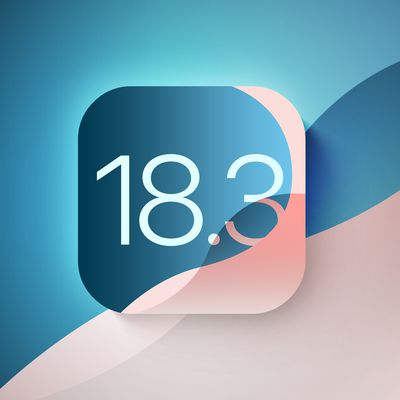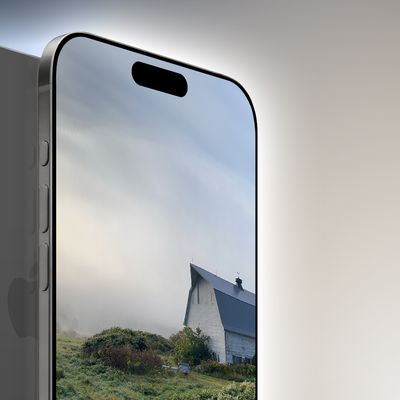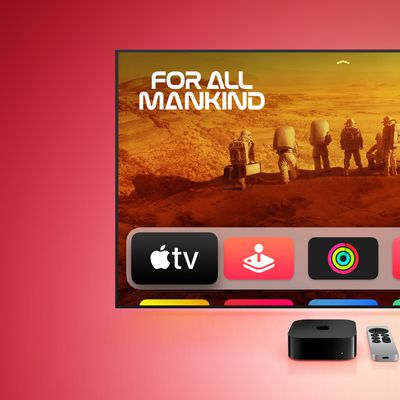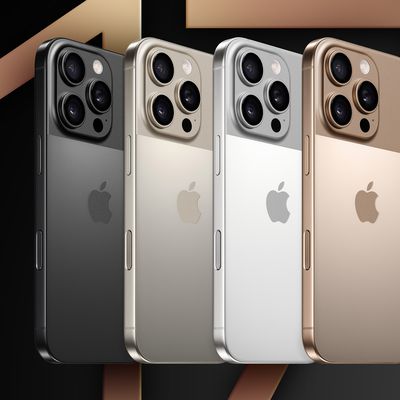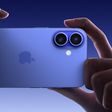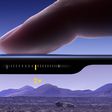Next iPad Mini Likely to Have Retina Display, Possibly Multiple Colors of Back Covers
Apple's suppliers are preparing the next generation iPad mini for mass production and it will "likely feature a high-resolution screen from Samsung" according to The Wall Street Journal, contradicting a report from earlier today that claimed the next iPad mini would not have a Retina display.
The piece also claims that Apple is considering offering multiple colors of back covers for the device, possibly complimenting the rumored lower-cost iPhone which is expected to have plastic back covers in a number of colors.
Apple is working with suppliers in Asia on its next iPad mini with a high-resolution "retina" display, unlike the current iPad mini that comes with a lower-resolution screen, the people said. The size of the new tablet will likely be the same as the current 7.9-inch model, which was released in November last year. Apple has also been contemplating multiple color back covers for the new tablet, they said.
Apple plans to use screens from not only Samsung, but LG and Sharp as well. According to the New York-based financial newspaper, Apple initially planned to use LG and Sharp but decided to add Samsung to the mix in order to ensure an "adequate supply of screens." The current iPad mini uses displays from both Sharp and Taiwan's AU Optronics.
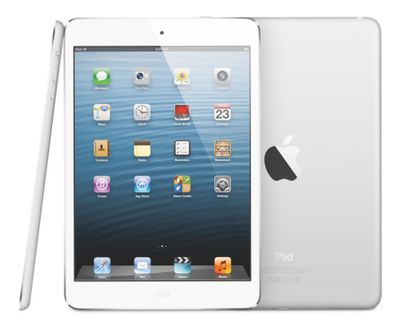
The paper does warn that Apple routinely tests various designs and has been known to make changes late in the design process, and there is no mention of a potential release date. It notes that Apple is more likely to add Retina after the announcement of Google's new high-resolution Nexus 7.
Earlier today, evidence surfaced in the iOS 7 beta that a non-Retina, A6-powered iPad mini was in development, while a number of analyst reports have gone back and forth on whether the next iPad mini would include a Retina display.
Popular Stories
Apple today seeded the first betas of upcoming iOS 18.3 and iPadOS 18.3 updates to developers for testing purposes, with the software coming a week after Apple released iOS 18.2 and iPadOS 18.2.
iOS 18.3 and iPadOS 18.3 can be downloaded from the Settings app on a compatible device by going to General > Software update.
There's no word yet on what's included in iOS 18.3 and iPadOS 18.3, ...
The current Apple TV 4K was released more than two years ago, so the streaming device is becoming due for a hardware upgrade soon. Fortunately, it was recently rumored that a new Apple TV will launch at some point next year.
Below, we recap rumors about the next-generation Apple TV.
Bloomberg's Mark Gurman last week reported that Apple has been working on its own combined Wi-Fi and...
Apple is planning a series of "major design" and "format changes" for iPhones over the next few years, according to The Wall Street Journal's Aaron Tilley and Yang Jie.
The paywalled report published today corroborated the widely-rumored "iPhone 17 Air" with an "ultrathin" design that is thinner than current iPhone models. The report did not mention a specific measurement, but previous...
Apple released iOS 18.2 in the second week of December, bringing the second round of Apple Intelligence features to iPhone 15 Pro and iPhone 16 models. This update brings several major advancements to Apple's AI integration, including completely new image generation tools and a range of Visual Intelligence-based enhancements. Apple has added a handful of new non-AI related feature controls as...
Apple on Monday seeded the first tvOS 18.3 beta to developers for testing. The update will likely be released in January. So far, there are only minor changes for the Apple TV, with one new feature and a few code changes discovered.
Below, we outline what is new in tvOS 18.3 so far.
Robot Vacuum Support in Home App
First, tvOS 18.3 will add robot vacuum support to the Home app on the...
Contrary to recent reports, the iPhone 17 Pro will not feature a horizontal camera layout, according to the leaker known as "Instant Digital."
In a new post on Weibo, the leaker said that a source has confirmed that while the appearance of the back of the iPhone 17 Pro has indeed changed, the layout of the three cameras is "still triangular," rather than the "horizontal bar spread on the...



